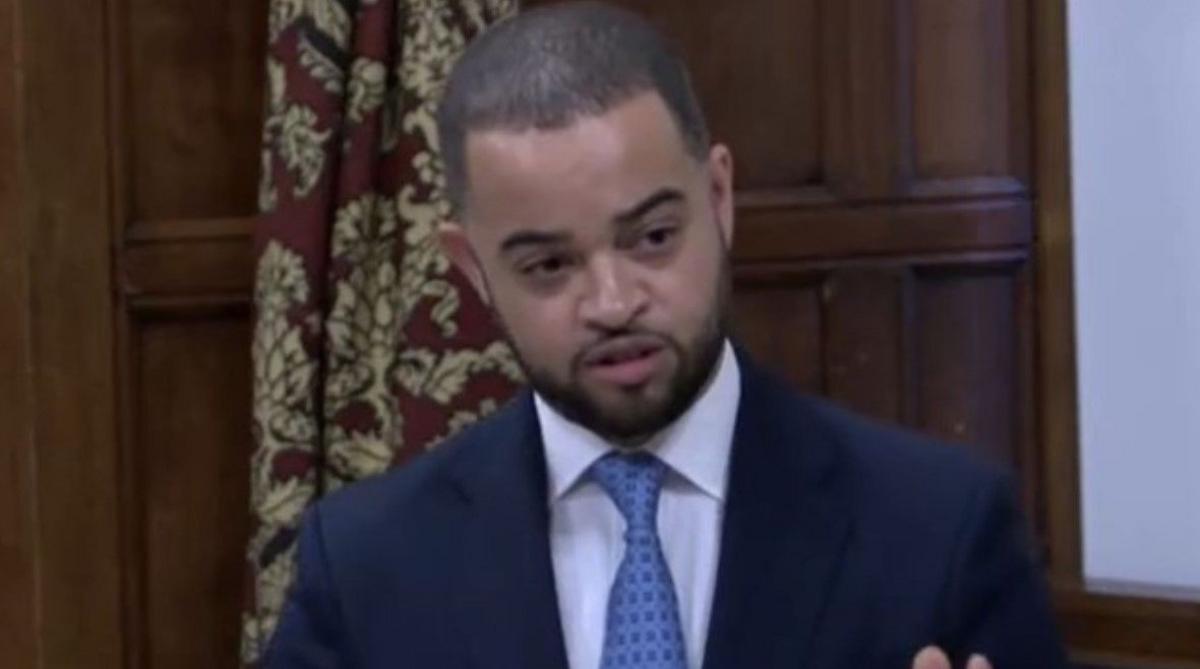'Slow asthma care means more hospital trips'

Tamzin Usher said she is susceptible to picking up viruses which trigger her severe asthma
- Published
An asthma sufferer fears delays in being seen for her condition are leading to unnecessary hospital stays.
Viruses and cold weather can trigger severe asthma for Tamzin Usher, from Durham, but at times she has struggled to get a GP appointment or was left waiting for a specialist to see her to treat her symptoms.
She said: "I don't think I'd end up being hospitalised as much if I could get the care I needed quicker whenever my asthma did flare up, so I could manage it better without having to call for an ambulance."
The Department for Health and Social Care (DHSC) said it had started planning for winter "earlier than ever before" and delivered "millions more GP appointments" in the last year.
Charity Asthma and Lung UK said there had been a rise in people needing emergency hospital admissions for conditions such as asthma or chronic obstructive pulmonary disease (COPD).
Its analysis of NHS data showed 2.3 million people were admitted into hospital for these conditions between April 2024 and March 2025 - up 23% from between April 2022 and March 2023.
Sarah Sleet, the charity's chief executive, said: "Right now, delivery of the routine basics is dismal, resulting in these regular winter crises."
A DHSC spokesman said it recognised the pressure respiratory illnesses placed on the NHS.
"That is why we started preparing for winter this year earlier than ever before - stress testing local hospital plans, ramping up vaccination programmes, and making sure every part of the system is ready to keep patients flowing safely through hospitals."
'Hospitals under pressure'
The charity is calling on the government to produce a national strategy for respiratory illness to avoid hospitals being overwhelmed this winter.
Ms Usher said over the years she was admitted to hospital "several times", most recently for pneumonia when she was admitted into intensive care.
The 25-year-old said: "Winter is the worst time for me as cold weather affects me badly."
Asthma and Lung UK said 405,000 people who were sent home after seeking emergency care returned to A&E within a month between April 2024 and March 2025.
Prof Sanjay Agrawal, a consultant in respiratory and intensive care, said respiratory diseases were "a major driver of hospital admissions".
He said: "The sharp rise in both admissions and readmissions reflects a health system and a medical workforce under immense strain."
Ms Sleet said better year-round care would prevent many hospital admissions.
She said: "Winter is the worst time of year for people with lung conditions and hospitals are at risk of becoming overwhelmed as a result with flu levels already higher than expected and this year it is predicted to be the worst outbreak for a decade."
The DHSC said delivering more GP appointments had helped provide "quicker care" for patients, reducing the need for emergency care.
A spokesman added: "Our 10 Year Health Plan is shifting the NHS from hospital to community, from sickness to prevention, to ensure people with respiratory conditions get the support they need earlier, closer to home."
Follow BBC North East on X, external, Facebook, external, Nextdoor and Instagram, external.
Get in touch
Do you have a story suggestion for BBC Wear?
Related topics
- Published16 November 2024

- Published18 October 2022
